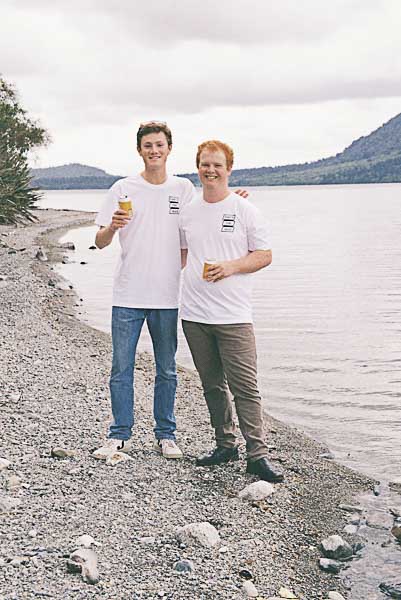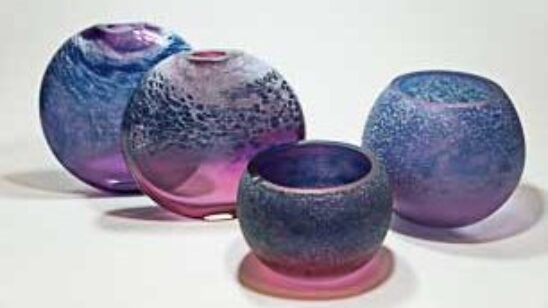
Buzz worthy brews
The beekeeping industry becoming increasingly unsustainable, matched with the rise in demand for alternative alcohols, alerted apiarist Wilbur Morrison and business marketing major Edward Eaton to a gap in the market. Metropol talks to the two self-starters to see what all the buzz is about.

What was the inspiration behind Buzz Club?
Over 70 percent of New Zealand’s food production relies on pollination from bees, as do our 188 native plants. But due to low native honey prices, more keepers are leaving the industry and less of New Zealand is being pollinated. We modernise the world’s oldest alcohol (meal) to an extent unseen before and give unrecognised honeys a stage to stand on in one of the world’s fastest growing alcohol markets.
Can you elaborate more on the unrecognised honeys?
Manuka has had the limelight for a while now. And no bad words against it, but we know New Zealand produces a range of native honeys worthy of some recognition (which we think taste better too). Kamahi, honeydew, pōhutukawa, rewarewa, the list goes on. We think it’s about time manuka moved over and shared the stage.
Tell us a bit about Buzz Club’s token tipple.
The kamahi with Hawke’s Bay lemon mead has natural fruity and floral flavours, a light honey nose, and a fresh citrus twist making it the perfect summer afternoon drop.
So, what is Buzz Club’s point of difference in the beverage industry?
Unlike beer, wine or cider, mead production results in extremely minimal waste. No pulp, mash, hops, skins or stems are left unused. Mead also bypasses the use of any fertilisers or pesticides in the production of the honey, being a direct result of the pollination of native environments. The mead industry relies on manpower over machine for honey production. This means less carbon is emitted during production and harvesting, and each keeper’s craftsmanship is reflected in their product. Currently we can trace our honey to geographical areas and we have also recently achieved 100% traceable honey, to ensure premium quality. We can’t wait to share this journey, right from the hive to
the can.




